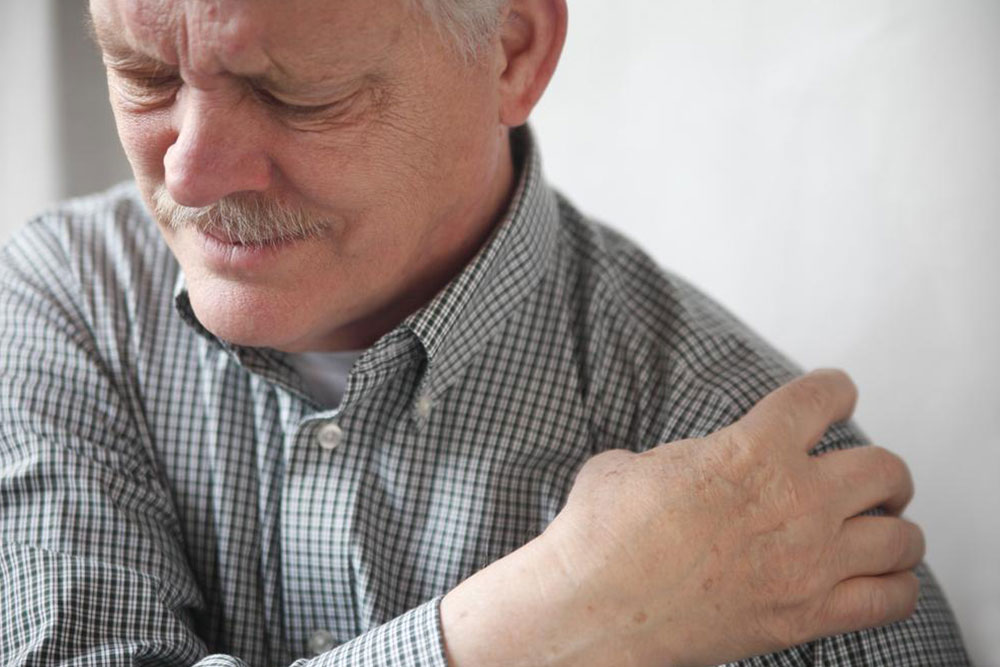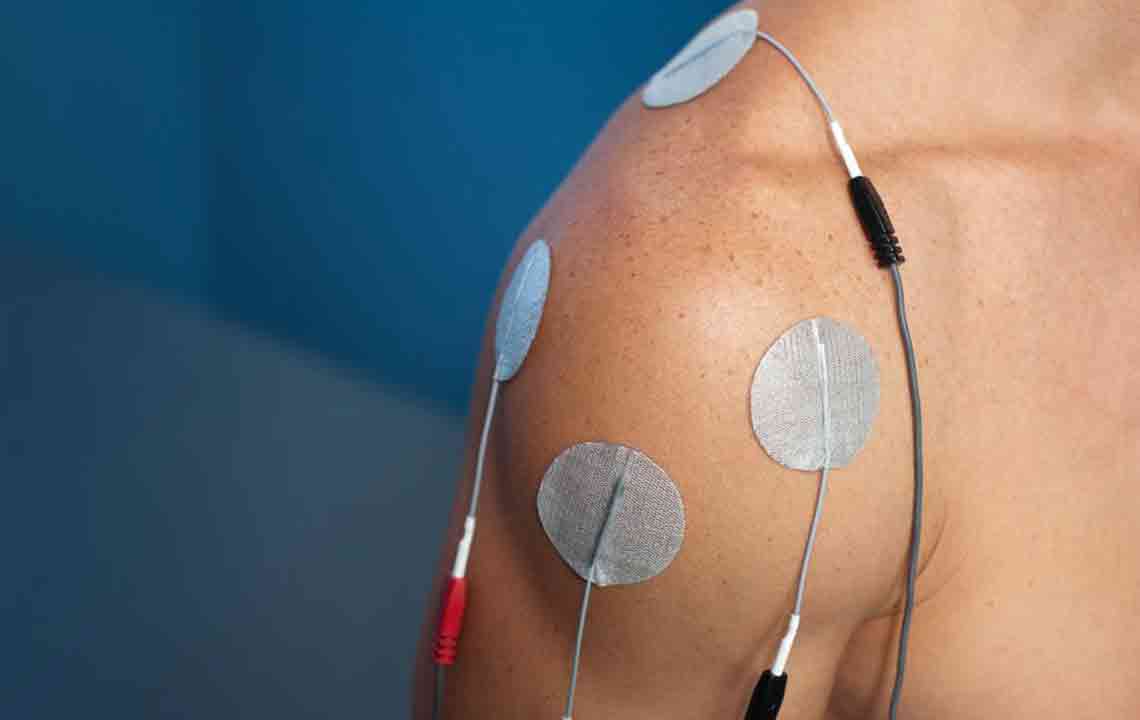Understanding Frozen Shoulder: Symptoms and Treatment Options
Frozen shoulder, or adhesive capsulitis, causes shoulder stiffness and pain due to scar tissue buildup, typically affecting adults aged 40-60. Causes include prolonged inactivity from injury or illness. Symptoms include pain and limited movement. Treatment involves physiotherapy, medications, home care, and rarely surgery. Early diagnosis and proper management can significantly improve recovery outcomes.

Understanding Frozen Shoulder: Symptoms and Treatment Options
Frozen shoulder, medically known as adhesive capsulitis, restricts shoulder movement due to thickened and tightened joint tissues. This condition causes scar tissue buildup over time, narrowing shoulder spaces and impeding rotation. Typically affecting individuals aged 40 to 60, frozen shoulder limits arm elevation depending on severity. It often results from prolonged inactivity due to injury, illness, or surgery, making the shoulder more prone to inflammation and adhesion formation.
Causes
Sedentary periods during recovery or illness can lead to this condition, especially when shoulder movement is restricted, promoting scar tissue development.
In severe cases, extensive scar tissue can significantly restrict movement. The condition may develop over 2 to 9 months and can prolong healing, especially if severe.
Symptoms
Common signs include shoulder pain, stiffness, swelling, and difficulty moving the arm. Activities like reaching for high shelves or dressing become challenging as the condition worsens.
Diagnosis
If shoulder stiffness and pain persist, consult a healthcare professional. Physical examination, X-rays, and MRI scans help rule out other issues such as arthritis or rotator cuff injuries.
The most effective recovery methods include:
Physical therapy: Targeted exercises stretch the shoulder joint to restore mobility. Recovery can take weeks or months, depending on severity.
Medications: Anti-inflammatory drugs and steroid injections can reduce pain and inflammation. Use medications as prescribed.
Home remedies: Applying ice packs for 15-minute intervals multiple times daily can alleviate pain. Light exercises advised by physiotherapists promote faster recovery. Surgery is rarely necessary.
Note: The information provided offers general insights but should not replace professional medical advice. Always consult a healthcare provider for personalized diagnosis and treatment plans. Our site aims to inform but is not responsible for inaccuracies or differences in individual cases.










